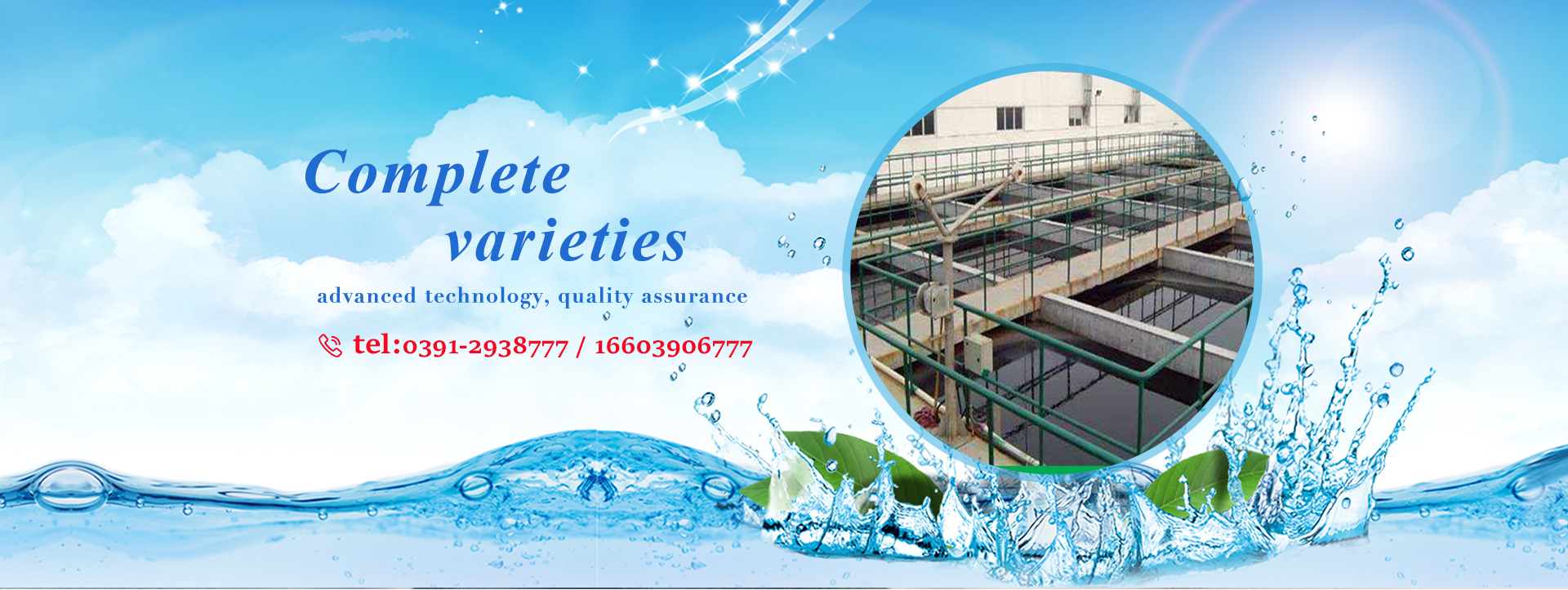What are the factors that determine the water treatment effect of flocculant polyacrylamide?
Flocculant polyacrylamide is a commonly used water treatment agent. Due to its efficient flocculation properties, it has been widely used in various water treatment industries. Although the flocculation effect of polyacrylamide is very good, we still need to pay special attention to the influence of some external factors on it in the process of use. So, what factors determine the effect of flocculant polyacrylamide water treatment?
1. Overview of polyacrylamide
Polyacrylamide is abbreviated as PAM, commonly known as flocculant or coagulant. Its molecular formula is: +CH2-CHn linear polymer, molecular weight is between 4-20 million, the appearance of solid product is white or slightly yellow powder, and the liquid is none The color is viscous colloid, easily soluble in water, and easily decomposed when the temperature exceeds 120℃.
The polyacrylamide molecule has a positive group (-CONH2), can adsorb and bridge with suspended particles dispersed in the solution, and has a strong flocculation effect, so it is widely used in water treatment and metallurgy, papermaking, petroleum, chemical industry , Textile, mineral processing and other fields.
2. What are the factors that determine the water treatment effect of flocculant polyacrylamide?
1. Reasonable concentration is the key to obtain good flocculation effect
In general, polyacrylamide can achieve very good flocculation effect under low concentration conditions. For example, in the range of 5~10ppm, the clump after the floc spring is thicker, the flocculation time is faster, and the upper clear liquid is clearer. When the amide exceeds 600ppm, the flocculant flocculant is fine, the flocculation time is extended, the upper clear liquid is turbid, and the effect of the flocculent spring is poor, because when the concentration is too high, it will produce a polymer protection effect, forming a strong colloidal system, which cannot be used Flocculation.
2. The PH value of sewage is the key to influence its choice of flocculant
The PH value of sewage is the key to affect its choice of flocculant. Even if it is the same kind of sewage, the composition is the same, but the PH value is different, and the selected flocculant may be completely different. Taking slime water as an example, introduce the pH value of slime water and The selection policy of flocculant!
The flocculants commonly used by everyone are cationic polyacrylamide, anionic polyacrylamide, non-ionic polyacrylamide, polyaluminum chloride, calcium chloride, PHP, etc., through a combination of flocculant experiments on a coal preparation plant On the basis, the flocculation settling effect of slime water with different PH values ??on different flocculants was observed!
Through adjusting the pH value of slime water, it is found that under acidic conditions, it is suitable to use organic polymer flocculants alone; under neutral to alkaline conditions, the combination of inorganic flocculants and organic flocculants will achieve better results.
Therefore, in actual production, you should reasonably choose the flocculant polyacrylamide you need according to the pH of the slime water, or appropriately adjust the pH value of the slime water to obtain a more economical and practical flocculant, of course, according to different flocculants The reasonable dosage is used to achieve the purpose of reducing production costs on the basis of achieving better flocculation effect!
- Prev:No;
- Next:How to use ultra-high viscosity polyacrylamide









